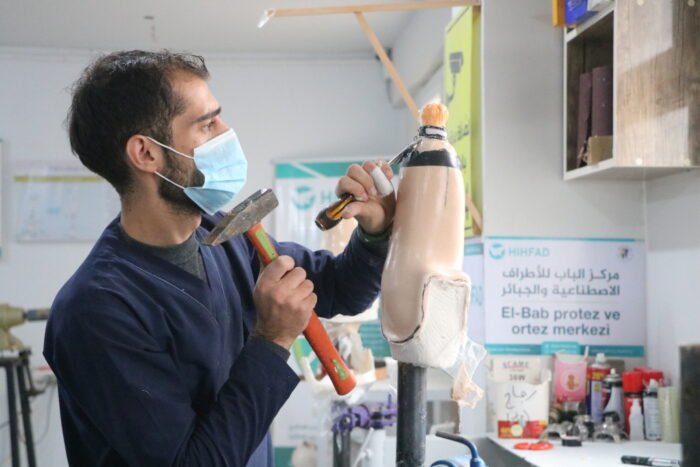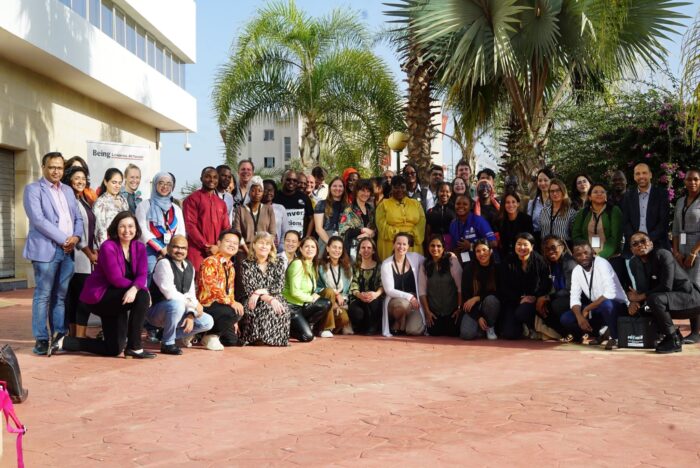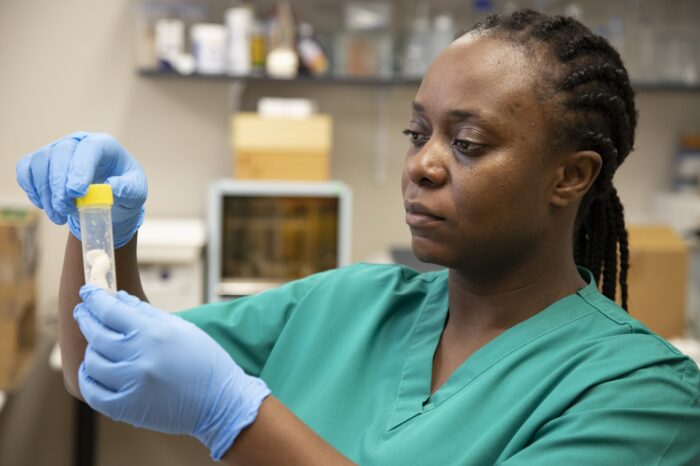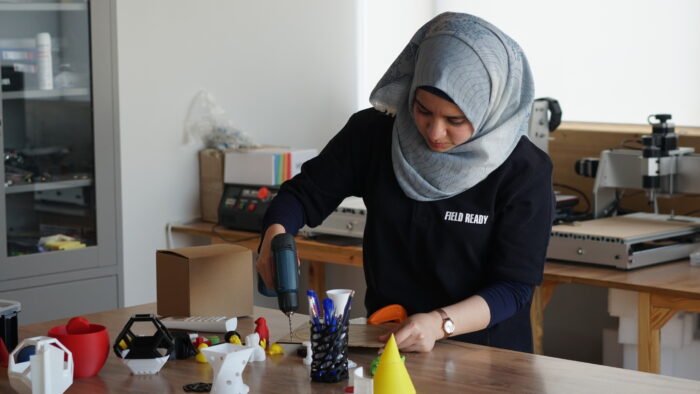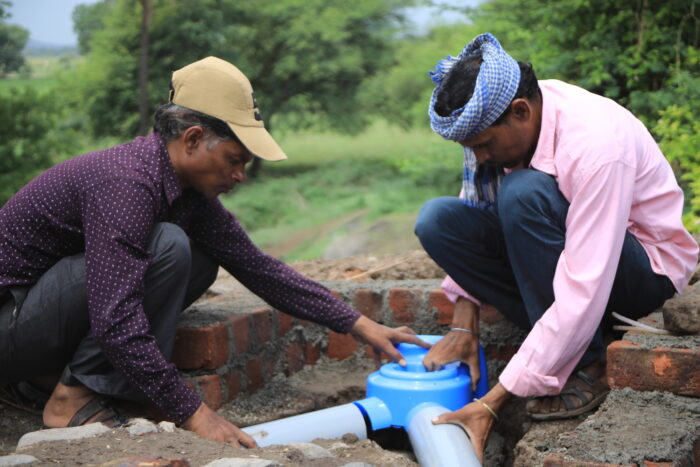With great input from my Grand Challenges Canada colleagues Jonathan Hera, Senior Investment Manager, and Ellen Morgan, Global Mental Health Program Officer.
In 3 short years, Grand Challenges Canada has become one of the leading funders of mental health innovation in the world. Through our Global Mental Health program, we have invested over $30M CAD to develop, test and scale over 60 bold ideas to save and improve the lives of those living with common mental, neurological and substance-use disorders in low-resource settings by increasing access to care and effectiveness of treatments. We invest in mental health innovation because we see an opportunity for new solutions to address the tractable challenge that hundreds of millions of people living with mental illness currently cannot access effective care in resource-limited settings. We see a need to back the people committing their careers to improving mental health, and a need to strengthen their efforts by attracting the imagination and creativity of other innovators to this challenge. Finally, we recognize that improving mental health of people living with mental illness also means improving the lives of their families and enabling wider societal and economic gains.

We’re starting to see this investment pay off. For example, in northern Uganda, a model is being tested by Makerere University that has resulted in traditional healers and trusted community elders, ‘wayos’ and ‘neros’ (aunts and uncles) referring over 5000 people to mental health services to date. Among these are 1400 people with mental illness who visited a health facility for the first time as a result of this model. Also a decentralized mental health care delivery model in Haiti by Zanmi Lasante has treated 3400 people with depression or epilepsy to date. And a portable EEG developed by researchers at the University of Ottawa has been used to test 50 people in Bhutan. See here to search for the full list of Global Mental Health innovations.
If you are thinking: “Sounds like the kind of impact I want to enable!”, keep reading.
This challenge is too big for the committed yet small group of organizations to tackle alone and I invite others to join us to transform the future for people living with mental health conditions around the world. Drawing on the collective experience of the Grand Challenges Canada team, I want to share my top three characteristics of a good mental health investor and of mental health innovations that warrant investment.
What makes a good mental health investor?
Whether funding at a program level or at the level of an individual innovation, the following characteristics can be attributed to a good investor in mental health innovation:
- Providing value beyond money. Funding is necessary but not sufficient to ensure promising innovations save and improve lives at scale. As a result, investors who can bring other resources – expertise, networks and platforms – to bear will increase the likelihood of large social returns. For example, an investor who provides strategic advice or acts as a connector to key people can make all the difference for a bold idea to achieve big impact in mental health.
- Having risk tolerance. Mental health needs a transformational change. Bold ideas with the potential to transform, not simply to incrementally advance, have some risk of failing. Even as governments show increased will to deliver mental health care through policies and budgets, it is unlikely that transformational ideas can be initially supported through public channels. Nimble funding is needed to develop innovative models and to test whether they have sufficient impact on mental health with realistic levels of resources to warrant further investment. Private investors can play an important part in de-risking bold ideas and helping the most promising innovations to scale.
- Being a champion. The mental health field needs investors who are deeply committed to creating change and who show no fear to talk about it. The stigma that accompanies and sustains the burden of mental illness makes this advocacy even more important in mental health than with other causes. The more that mental illness – and the fact that effective treatments exist – is common knowledge, the less likely that individuals’ lives are defined by their condition. The commitment of most of us is fueled by personal or first-hand experiences. Wherever it comes from, a good investor will share their passion for mental health, and serve as an advocate through their own networks.
What makes a good mental health innovation?
An innovative idea in itself will not save or improve lives. To help guide potential investors, I call out three leading characteristics that can indicate whether a bold idea is more likely to lead to big impact in mental health.
- Moving from promise to results urgently. Innovation takes time and yet there are millions of people whose lives are currently limited by mental illness and who need solutions now. A team that acknowledges this urgency by getting on with it and producing results is worth the investment. This does not mean that flexibility and patience is not warranted (given the nature of innovation, it is needed!) but an ability to execute and troubleshoot efficiently is a necessary component to ensure the big impact of bold ideas.
- Designed with the users. Mental health users have not yet had a strong voice in how they receive care. This is changing thanks to advocacy groups (see Movement for Global Mental Health) and practical efforts to improve quality and human rights standards that include service users (eg, WHO QualityRights Tool Kit). An innovation designed with – not just for – the users will have greater uptake and, as a result, will be more likely to improve mental health.
- Integrating into (and nudging) local systems. The effects of mental illness reverberate into multiple sectors – health, education, housing, legal. The strength of this is that the resources and expertise of multiple sectors can be leveraged to improve mental health. The complexity comes with understanding how a new approach will interact with – and possibly improve – the systems established by many sectors. While the capacities of existing systems vary, an innovation that ignores the systems it is meant to strengthen will not be sustainable.
If these characteristics, both of mental health innovations and as well as of investors resonate with you, please get in touch. Together we are more likely to solve this grand challenge.
This blog post was also published on the Mental Health Innovation Network Blog. We encourage you to post your questions and comments about this blog post on our Facebook page Grand Challenges Canada and on Twitter @KarleeSilver or @gchallenges.


